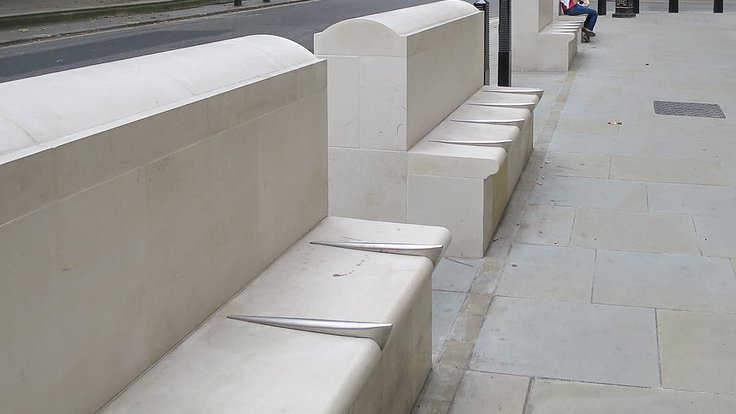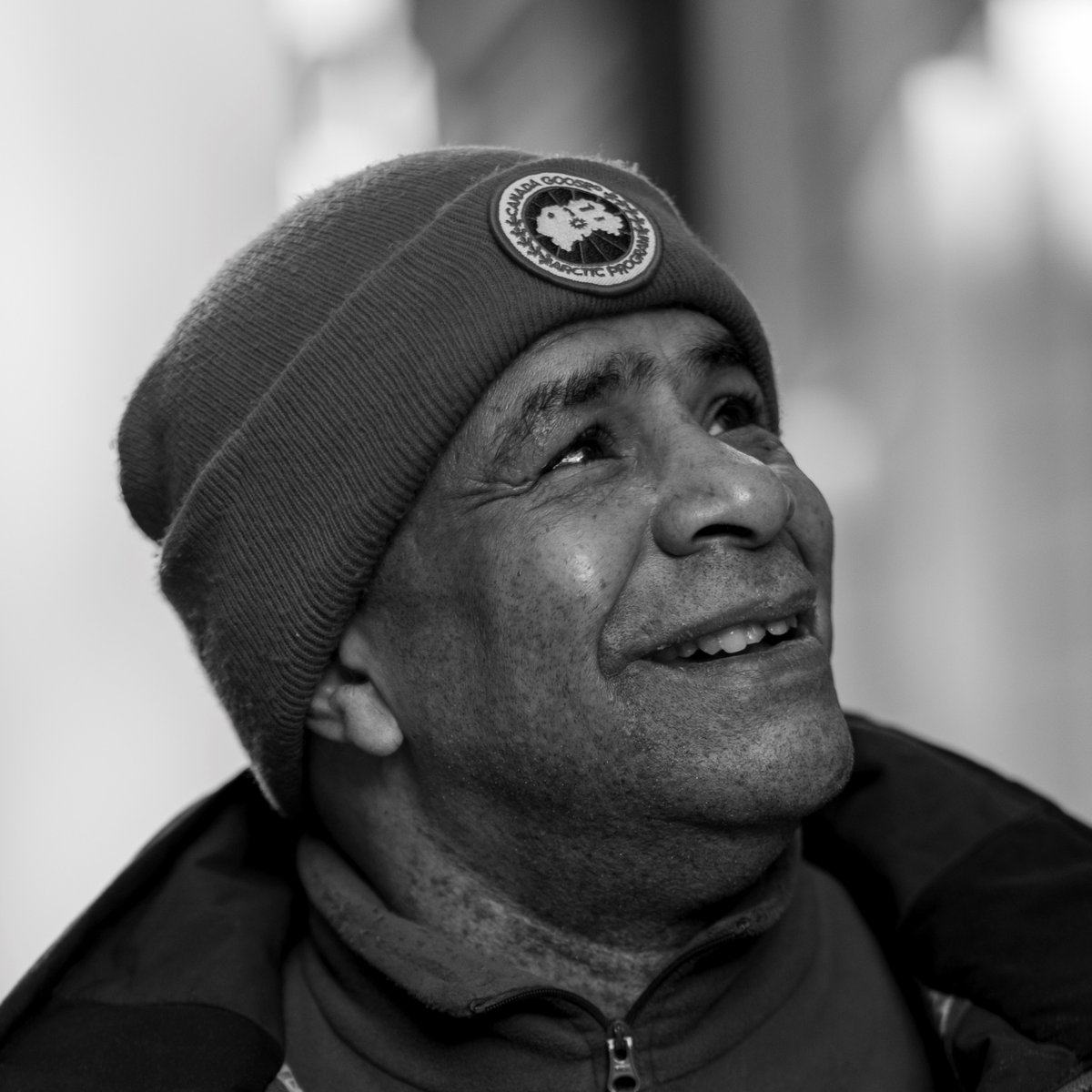Today is #WorldHomelessDay2022. It’s the perfect time to think about how to solve a problem that shouldn’t exist. We already know how to end homelessness. And it can be done. Here’s how:
bigissue.com/news/housing/w…
bigissue.com/news/housing/w…
Housing First is a model that has already had a big impact on street homelessness in Finland 🇫🇮 It’s a simple solution: give people who are homeless a home and the support they need to keep it 

Housing First is growing across the UK. But not quickly enough for some. @Crisis_uk chief executive Matt Downie said take up in England has been “far too slow” earlier this year 

It’s hard to break out of homelessness if you can’t afford a home. Both house prices and rents have hit record levels across the UK in the last year 

The high prices are down to a shortage of affordable housing 🏘️ Building more is one solution, as is ensuring more homes are available to rent and not left empty or turned into holiday lets 

Reforms to give renters more power to stay in their homes – like those on the way in England – can also help. As can freezing rents as Nicola Sturgeon has just done in Scotland 

A functioning safety net is also essential to stop people falling into homelessness, especially in the cost of living crisis. Housing benefits are currently frozen and do not reflect how much people are paying in rent 

The solution to this is to make work pay enough in wages, raise benefits or find other ways to increase the amount of money people have, like a universal basic income 💰
There must also be enough investment in public services to provide support to people who need it. That means investing in services to help people with issues like addiction, housing or domestic violence 

Ultimately, prevention is better than the cure. Homelessness will not be solved without efforts to stop people becoming homeless in the first place. That includes people who are released from prison or leave care 

📣Homelessness doesn’t have to exist. With the right efforts, interventions and political will, it can become a thing of the past #WorldHomelessDay
bigissue.com/news/housing/w…
bigissue.com/news/housing/w…

• • •
Missing some Tweet in this thread? You can try to
force a refresh














